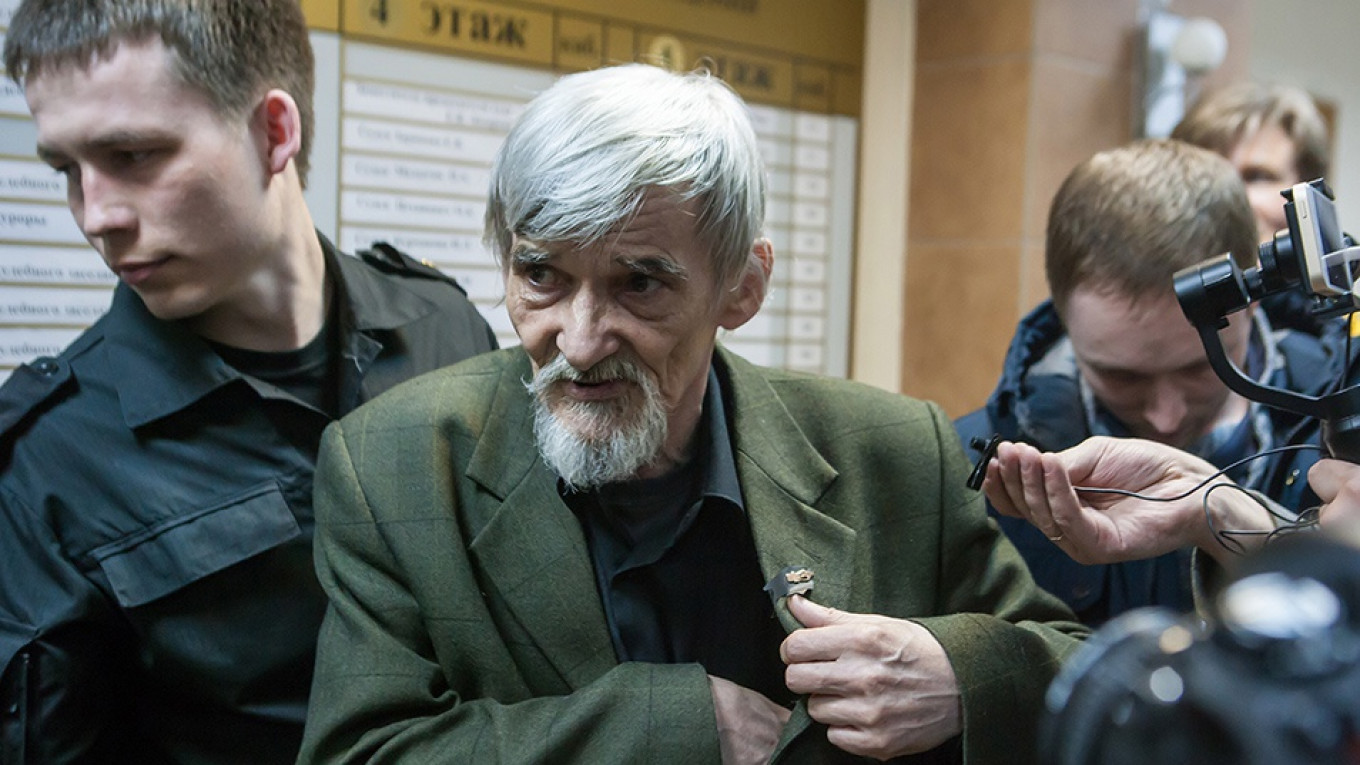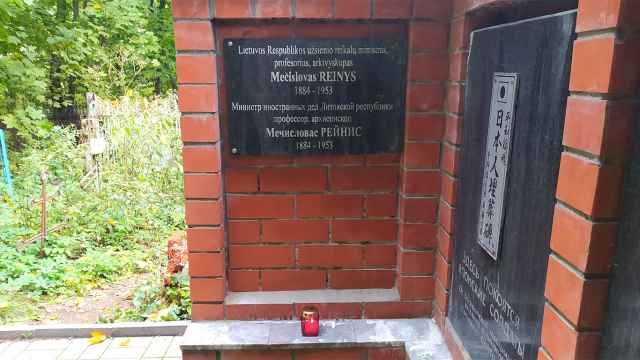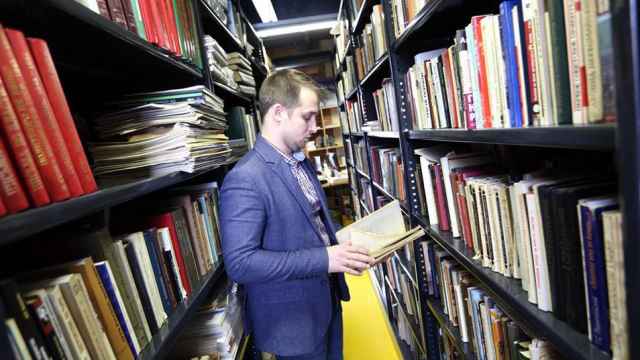A Russian court has sentenced respected Gulag historian Yury Dmitriyev to three and a half years in prison on charges of sexual assault in a case his allies say was trumped up to silence him.
Dmitriyev will be released in November as his time already served in pre-trial detention will count toward his sentence, his lawyer said.
Wednesday’s verdict is the second in two years against the outspoken historian who has called attention to one of the darkest chapters in Russia’s history. Dmitriyev, 64, was first arrested in late 2016 on child porn charges, then acquitted in 2018, and then arrested again in a new sexual assault case.
The Petrozavodsk City Court in northwestern Russia found Dmitriyev guilty Wednesday of sexually assaulting his adopted daughter.
A court database showed that Dmitriyev was cleared of child pornography, indecent assault and weapons possession charges.
Russian prosecutors had demanded that he be convicted and sentenced to 15 years in a strict-regime penal colony.
Dmitriyev vehemently denies the charges against him.
“What they’re trying to pass off as something approaching erotic touching is just an interpretation of parental care,” Dmitriyev said in court earlier in July.
“Everything invented here by our friendly investigator and zealously repeated by our beloved prosecutor is false,” Dmitriyev said in his closing statement to the court published by the Meduza news website.
Dmitriyev is the head of the leading rights group Memorial's branch in the republic of Karelia in northwestern Russia. He is known for helping open the Sandarmokh memorial in a pine forest in Karelia in memory of thousands of victims — including many foreigners — murdered in 1937 and 1938.
His case has stirred outcry among rights groups and cultural figures, who say the charges were trumped up as an effort to silence the historian who has spent decades locating and exhuming mass graves of people killed under Soviet leader Josef Stalin's rule.
In an appeal to the Council of Europe this year, prominent writers including Nobel laureate Svetlana Alexievich and Jonathan Littell called the historian "a bone in the authorities' throat."
"The Russian authorities are seeking to rewrite the history of Sandarmokh by slandering its discoverer and groundlessly accusing Dmitriyev of an outrageous crime," they said.
“We are concerned that perfectly appropriate measures to protect the child during the trial may have been misused by the authorities to pursue a prosecution of a human rights defender to smear his reputation,” said Hugh Williamson, who heads the Human Rights Watch NGO's Europe and Central Asia chapter.
Dmitriyev was first arrested in late 2016 on child porn charges and spent more than a year in pre-trial detention before being released after calls from prominent figures for him to be freed.
He was acquitted of those charges in April 2018, but was detained and charged with sexual assault later that year after a higher court overturned in a stunning turnaround the "not guilty" verdict.
AFP contributed reporting to this article.
A Message from The Moscow Times:
Dear readers,
We are facing unprecedented challenges. Russia's Prosecutor General's Office has designated The Moscow Times as an "undesirable" organization, criminalizing our work and putting our staff at risk of prosecution. This follows our earlier unjust labeling as a "foreign agent."
These actions are direct attempts to silence independent journalism in Russia. The authorities claim our work "discredits the decisions of the Russian leadership." We see things differently: we strive to provide accurate, unbiased reporting on Russia.
We, the journalists of The Moscow Times, refuse to be silenced. But to continue our work, we need your help.
Your support, no matter how small, makes a world of difference. If you can, please support us monthly starting from just $2. It's quick to set up, and every contribution makes a significant impact.
By supporting The Moscow Times, you're defending open, independent journalism in the face of repression. Thank you for standing with us.
Remind me later.






